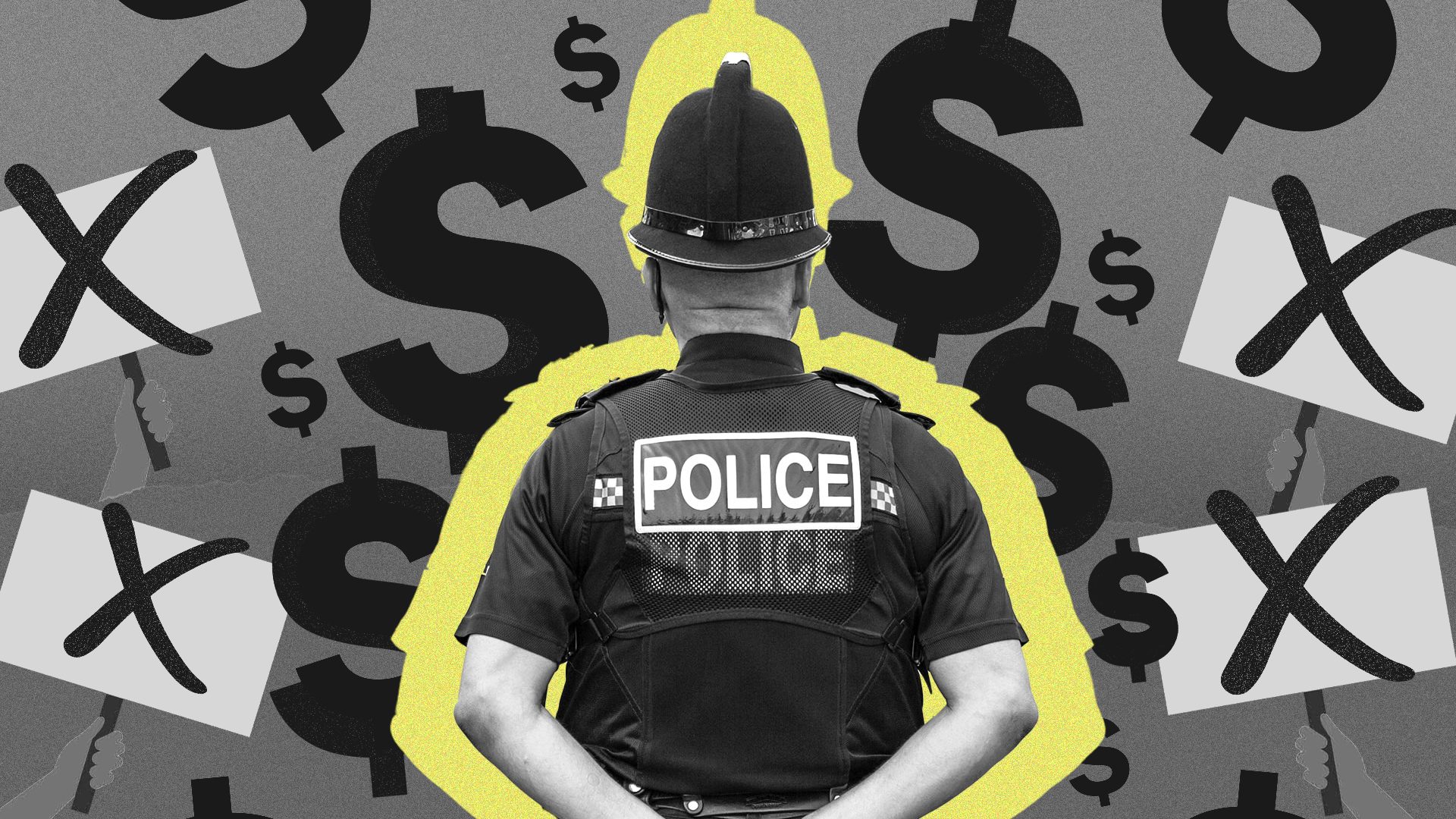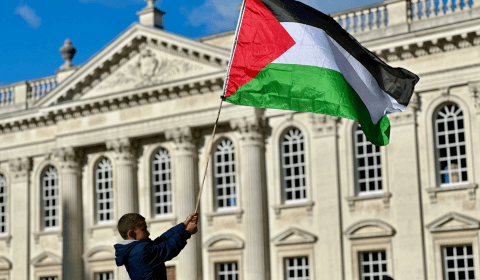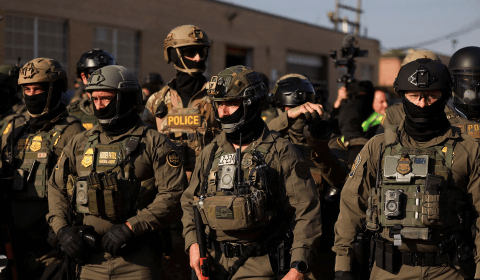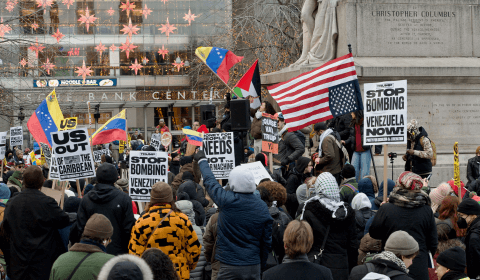Defund the Police, one year later. This is a short guide to the demand that continues to shake America.
Last summer at the height of the BLM movement, the phrase ‘Defund the Police’ became a rallying cry of protesters against police brutality.
One year later, and the demand has not died down. Support from Representatives such as Cori Bush and Alexandria Ocasio-Cortez, as well as a strong backlash from both sides of the political spectrum, highlights the continued prevalence of the debate.
But what does ‘Defund the Police’ actually mean?
Where did it come from?
The official slogan ‘Defund the Police’ was popularised by Black Visions Collective shortly after the murder of George Floyd, but the roots of the idea go way back into American history.
In 1935, African-American activist W. E. B. Du Bois wrote about ‘abolition-democracy’, which advocated for the removal of institutions rooted in racist and oppressive practices.
Du Bois was referring to white police forces, which had their origins as slave patrols, as well as prisons and convict leasing.
30 years later, civil rights activists openly advocated for the defunding or complete abolition of police departments, notably Angela Davis.
Fast forward to today, and several members of the Democratic ‘Squad’ – including AOC and Cori Bush – join grassroots organisations in their calls to ‘Defund the Police’.
What does it mean?
Defund the Police represents a movement that advocates for the divesting of funds from police departments to different forms of community support and public safety.
The reallocated funds would go towards social services, housing, education and youth services, healthcare, and other community support networks.
It is believed that this investment into communities would act as a much more efficient crime deterrent than policing by addressing social issues such as poverty, mental illness, and substance misuse.
Like many social movements, ‘Defund the Police’ is an umbrella term that covers a range of views united under the same general principle.
Whilst some activists seek modest defunding and reallocation, more radical thinkers advocate for complete divestment as the path towards the abolition of police services as we know them today.
Activists Phillip McHarris and Thenjiwe McHarris espouse that a shift in funding to social services that would ameliorate mental health, addiction and homelessness is a much better use of taxpayer money than policing.




















